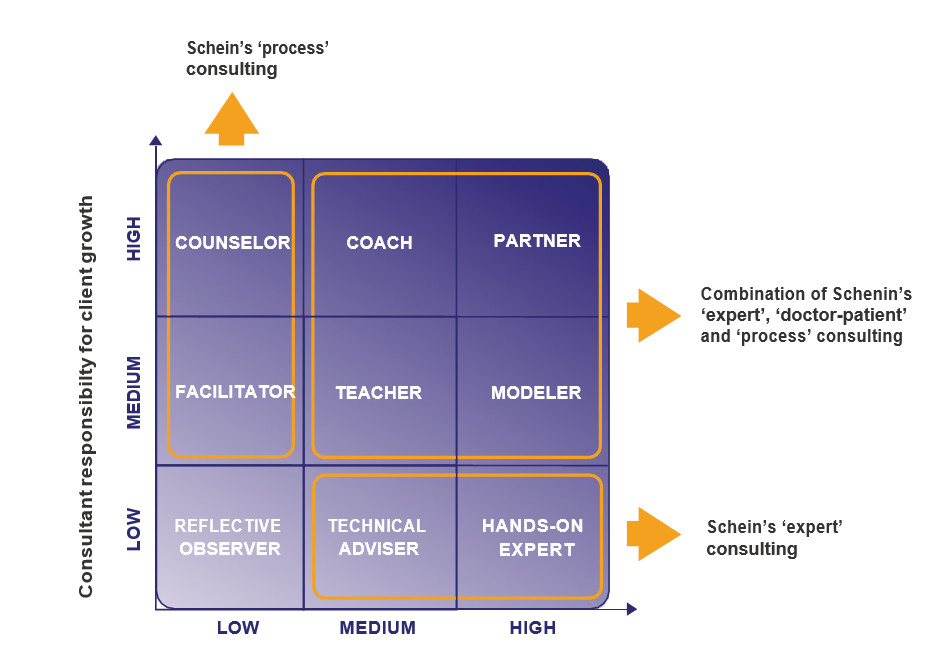
Before you sign a contract with a consultant, make sure you understand the various aspects of the agreement. These include the scope of services, fees, and compensation schedule. A contract should also detail the overhead costs. Understanding these issues is crucial as they could have an important impact on the scope and cost of your project.
Contractor
A contractor is an independent person who agrees for a specific work type in exchange to a payment. A contractor is an independent businessperson who accepts to perform a particular type of work for a fee. Organizations who require temporary expertise, but do not want to hire permanent workers, often hire contractors. A contract usually covers a specified number of hours. It can be modified by both the parties as needed.

Independent contractor
In writing, you must clearly define what services you want to be performed and how much compensation you will receive. You also need to specify when payments are due. Payment terms should be included, such as a late penalty fee and an early completion bonus.
Confidentiality
A confidentiality agreement is necessary to protect the information between the client, consultant, and themselves. The agreement should outline the rights and limitations of the consultant to use information about the client. The client should also specify the things he or her do not wish to share. It is also crucial to describe the remedies that can be used if any information is not properly used. The contract should also require that each consultant employee assigned to a particular account sign a personal confidentiality agreement. This will ensure that the confidentiality provisions are upheld long after the contract ends.
Indemnification
An indemnification clause is included in a contract that you signed with a consultant to protect your interests. Indemnification clauses will protect your interests if you get sued by a consultant for failing to fulfill your project specifications. When used correctly, indemnification clauses can be beneficial and are a standard feature of consulting contracts. However, they can also be costly, especially when they're required to cover a third party's costs in the event of litigation.
Taxes
It is crucial to fully understand the terms of a contract signed with a consultant. The company will take 10% off the consultant's pay, but the contractor will have to pay the tax advance over three installments. Additionally, the applicable regulations must be followed if the consultant renders services that fall within the scope of the service tax regulations.

Payment
To retain the services of a consultant you have hired, it is essential to make timely payments. If you delay payments, it can cause frustration and create friction, which could lead to the consultant resigning. There are many freelance management software systems that make it easier and more efficient. These systems automatically approve invoices and issue payments according to your unique payment terms. They also ensure that your consultants receive their payments in the currency they require. Automating this process will allow you to eliminate manual work and ensure that your consultants receive their money on time.
FAQ
How long does it usually take to become an expert consultant?
The length of time required varies depending on your background and industry. Most people begin their journey with less than a month before finding work.
However, many consultants spend years honing their skills prior to finding work.
How much do consultants earn?
Although some consultants can make more than $100k annually, the majority of consultants earn between $25-$50k. The average consultant salary is $39,000 This applies to both hourly and salaried consultants.
Salary depends on industry, experience, location, and type of contract (contractor vs employee). Also, whether the consultant is located in their office or remote.
What can I expect of my consultant?
Once you select your consultant, you should expect to hear back from them within a few days. They will request information about your company including its mission and goals, products, services, budget, and other pertinent details. They will then send you a proposal that outlines the scope of work and estimates timeframe, fees, deliverables, milestones and other details.
If everything goes as planned, then both parties will agree to a written contractual agreement. The type relationship between the two sides (e.g. employee-employer or independent contractor-employer) will dictate the terms of the contract.
If everything goes as planned, the consultant may begin to work immediately. He/she will have immediate access to your internal documents, resources, and you'll be able to access his/her skillset and knowledge.
But don't assume that anyone who is a consultant has all the answers. It takes time and practice to become an expert on any subject you consult. Don't expect your consultant know everything about your company.
How do I choose the right consultant?
Three main factors should be considered:
-
Experience - How experienced is this consultant? Are you a beginner or an expert? Is her resume a proof of her skills and knowledge?
-
Education – What did the person learn in school? Did he/she study any relevant courses after graduating from high school? Are we able to see evidence of his/her learning through the way he/she writes
-
Personality - Are we attracted to this person? Would we like him/her to work with us?
-
These questions can help you determine whether the consultant is right for your needs. If there are no clear answers, then it might be worth an initial interview to learn more about the candidate.
Do I need legal counsel?
Yes! Yes. Consultants can often create contracts with clients, without seeking legal advice. However, this can lead to problems down the road. What happens if a client terminates the agreement after the consultant's completion deadline? What happens if the consultant doesn’t meet the deadlines specified in the contract.
Avoid potential legal problems by consulting a lawyer.
How much does it take to hire a consultant
It is not easy to determine how much it will cost to hire a consultant. These include:
-
Project size
-
Time frame
-
Scope of employment
-
Fees
-
Deliverables
-
Other considerations include experience level, geographic location, and so forth.
Statistics
- "From there, I told them my rates were going up 25%, this is the new hourly rate, and every single one of them said 'done, fine.' (nerdwallet.com)
- On average, your program increases the sales team's performance by 33%. (consultingsuccess.com)
- My 10 years of experience and 6-step program have helped over 20 clients boost their sales by an average of 33% in 6 months. (consultingsuccess.com)
- 67% of consultants start their consulting businesses after quitting their jobs, while 33% start while they're still at their jobs. (consultingsuccess.com)
- So, if you help your clients increase their sales by 33%, then use a word like “revolution” instead of “increase.” (consultingsuccess.com)
External Links
How To
What should I do to get started with a consulting business?
Start a Consulting Company to make some extra money from home. You don't need any previous business experience or investment capital. It is possible to create a website to launch your consulting business. Once you have a website built, you can start using social media platforms such Instagram and Pinterest to spread the word about you services.
With these tools, you can put together a marketing plan that includes things like:
-
Creating content (blogs)
-
Building relationships (contacts)
-
Generating leads, also known as lead generation forms
-
Selling products online
Once you've developed your marketing strategy, you'll need to find clients who will pay for your services. While some people prefer to attend networking events and groups, others prefer online methods like Craigslist, Wikijiji, or Kijiji. Your choice is yours.
Once you have a new client, you need to discuss terms. These could be hourly fees, retainer arrangements, flat-fee contracts, or other types of fees. You need to be clear about what you expect of a client before they accept you as a client.
Hourly agreements are the most commonly used contract type for consultancy service. This type of contract requires you to provide certain services at fixed rates each week or month. Depending on the type of service you are offering, you may be able to negotiate a discount depending on the length of the contract. When you sign a contract, make sure you fully understand it.
Next, you will need to create invoices that you can send to your clients. Invoicing is one of those things that seems simple until you actually try it. There are many ways that you can invoice your clients depending on what your preferences are. For example, some people prefer to have their invoices emailed directly to their clients, while others print hard copies and mail them. No matter which method you choose to use, it is important that it works for you.
After creating invoices are complete, you will need to collect payments. PayPal is preferred by most people because it is simple to use and offers many payment options. You can also use Square Cash, Square Cash (Google Wallet), Square Cash, Square Cash, Apple Pay and Venmo as payment processors.
Once you're ready to begin collecting payments, you'll want to set up bank accounts. Separate savings and checking accounts will allow you to track your income and expenses independently. You can also set up automatic bank transfers to pay bills.
When you start a consultancy business, it may seem overwhelming, but once you learn how to do it correctly, it becomes second nature. This blog post will provide more information about starting your own consultancy business.
It's a great way for extra income without having to worry about hiring employees. Consultants can work remotely so they don't have the hassle of dealing with office politics and long working hours. Remote employees have more flexibility because they are not bound by regular work hours.